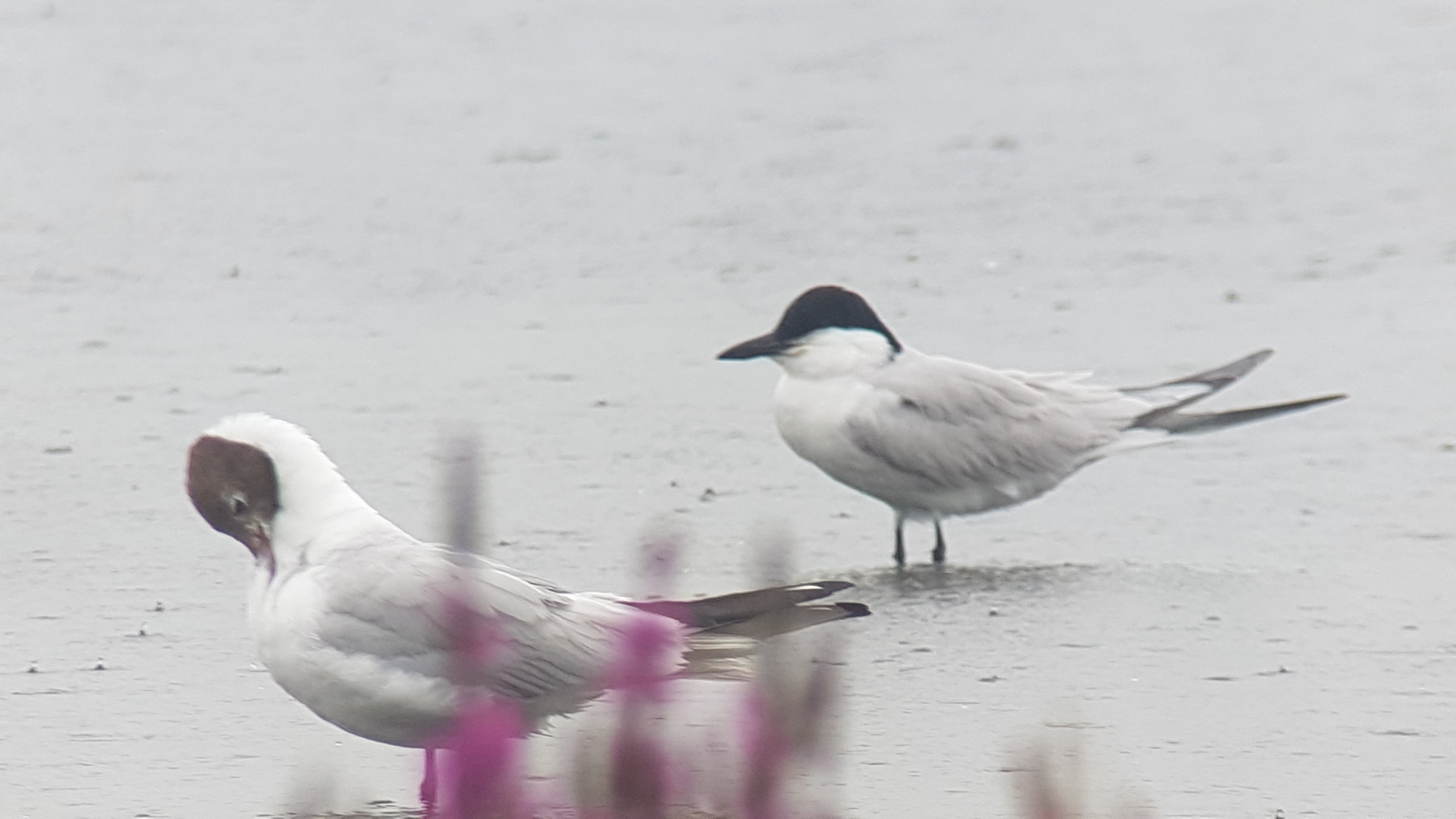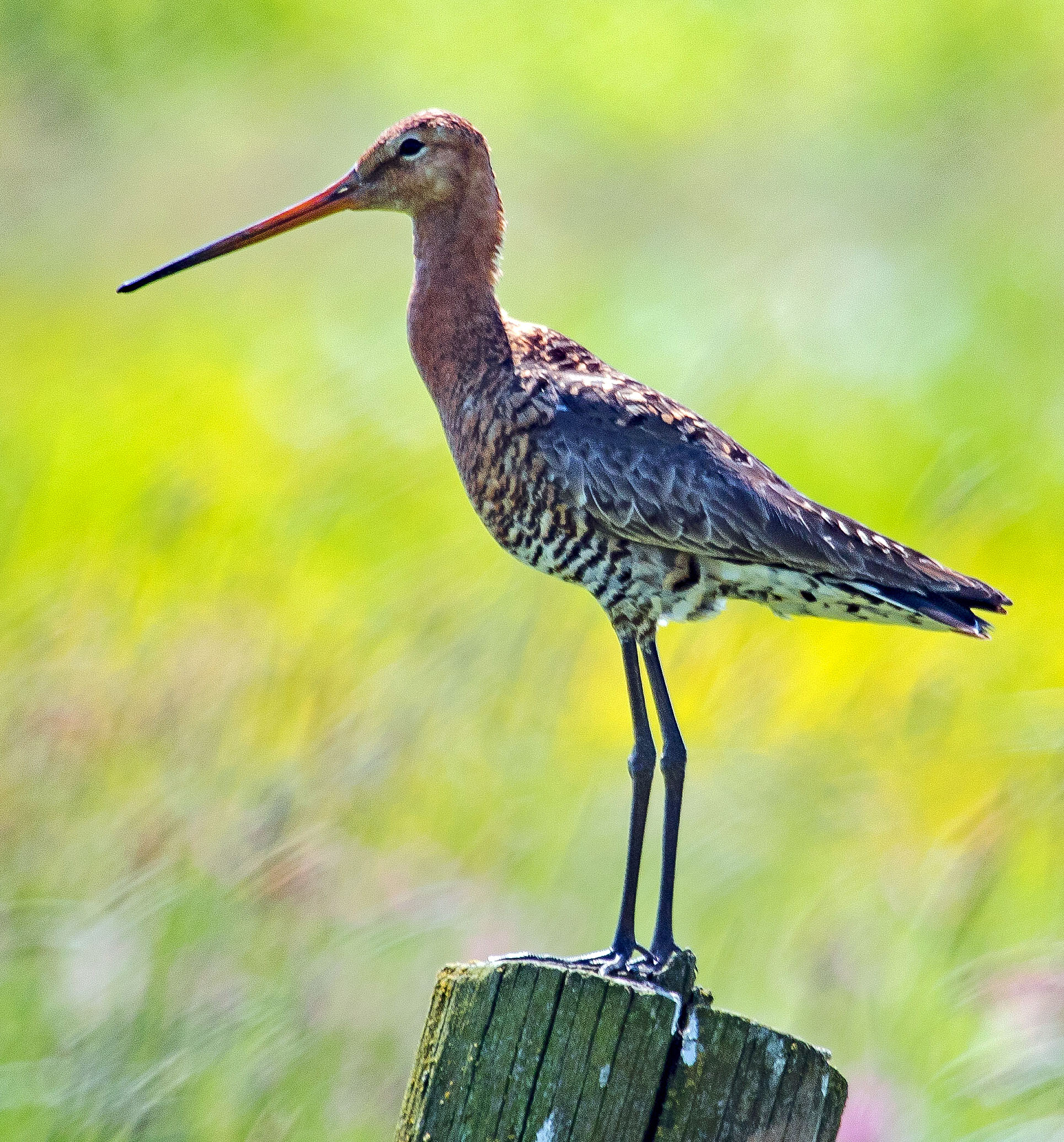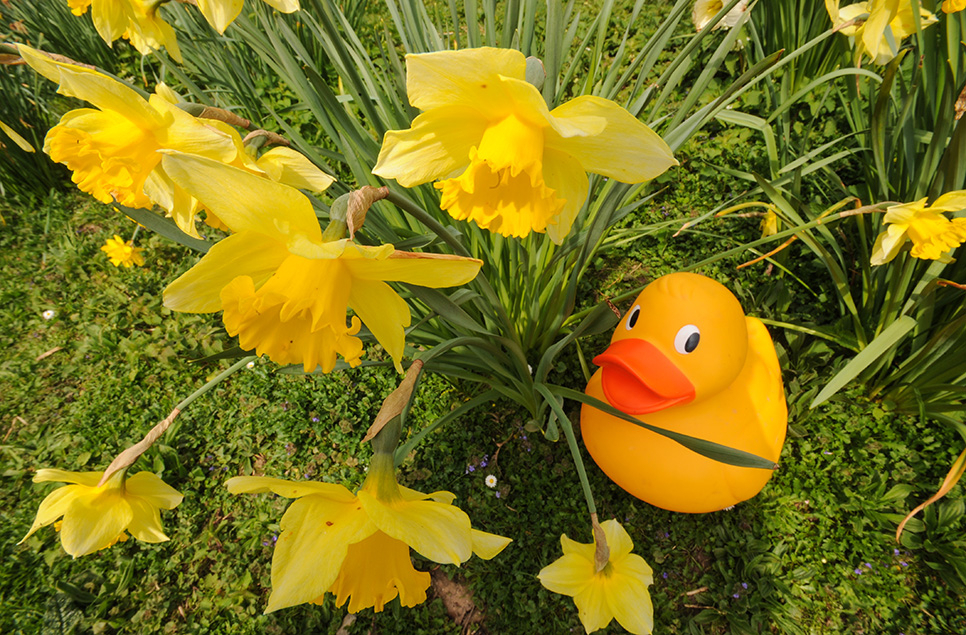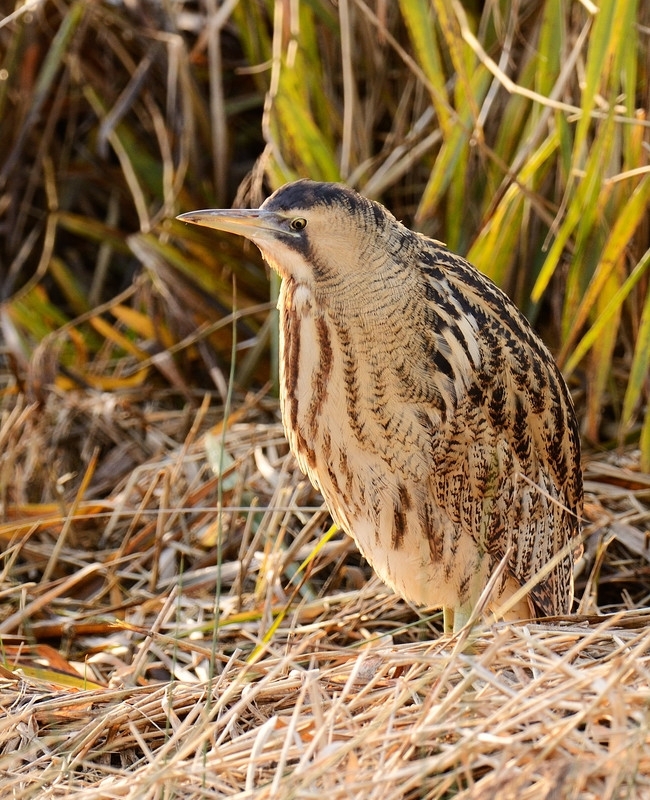rare bird starts migration
 Last week, Martin Mere played host to its first ever gull-billed tern. The tern dropped into the mere on Wednesday amid all the rainy weather and attracted a small group of twitchers. Normally, this bird comes no closer to the UK than the Mediterranean region and this is only the fifth sighting of its species in the UK this year. It has only ever been seen in Lancashire three times, the last time in 1995.
Last week, Martin Mere played host to its first ever gull-billed tern. The tern dropped into the mere on Wednesday amid all the rainy weather and attracted a small group of twitchers. Normally, this bird comes no closer to the UK than the Mediterranean region and this is only the fifth sighting of its species in the UK this year. It has only ever been seen in Lancashire three times, the last time in 1995.
From now until the end of October, it is always worth keeping a look out for rare  birds at Martin Mere. August is regarded as the month in which the north to south migration really starts and some birds can become picked up in weather systems and blown off-course, while they are trying to travel to their winter quarters. This can put birds, like the gull-bird tern, miles away from where they are normally found. It has also been found that young, inexperienced birds can end up way off course without being carried by weather systems. Their inexperience can actually see them deliberately fly in the opposite direction to where they need to go, putting them hundreds of miles out of their species’ normal range.
birds at Martin Mere. August is regarded as the month in which the north to south migration really starts and some birds can become picked up in weather systems and blown off-course, while they are trying to travel to their winter quarters. This can put birds, like the gull-bird tern, miles away from where they are normally found. It has also been found that young, inexperienced birds can end up way off course without being carried by weather systems. Their inexperience can actually see them deliberately fly in the opposite direction to where they need to go, putting them hundreds of miles out of their species’ normal range.
In August at Martin Mere, the most visible birds migrating through the reserve are waders
While thousands of families migrate to Martin Mere in the summer holidays to enjoy the playground, otters and flamingos the waders migrate here for the mud. For the next few months the nature reserve will see hundreds of waders drop in. Some of the waders will stay for a couple of hours, others may stay a few days and there will be some birds that stay all winter.
One of the most visible waders at the moment is the black-tailed godwit of which around 120 are currently using the reserve. Many of these long-billed birds are still in their bright summer plumage. Other waders currently being seen are lapwings, ruff, redshank and common sandpiper but we’ll also have visits from around another twenty species over the next few months. And, just as the gull-billed tern was probably blown off-course, the autumn hurricane season in America may even end up blowing a rare wader 3000 miles across the Atlantic to the mud of Martin Mere. Keep your eyes peeled!
WWT Martin Mere is open from 9.30am to 6pm and parking is free of charge. Situated off the A59, it is signposted from the M61, M58 and M6. The Centre is also accessible via the Southport to Manchester and the Liverpool to Preston line by train from Burscough Rail Stations. Visit the web site http://www.wwt.org.uk/martinmere/ to find out what’s on all year round at Martin Mere and the other eight centres.



